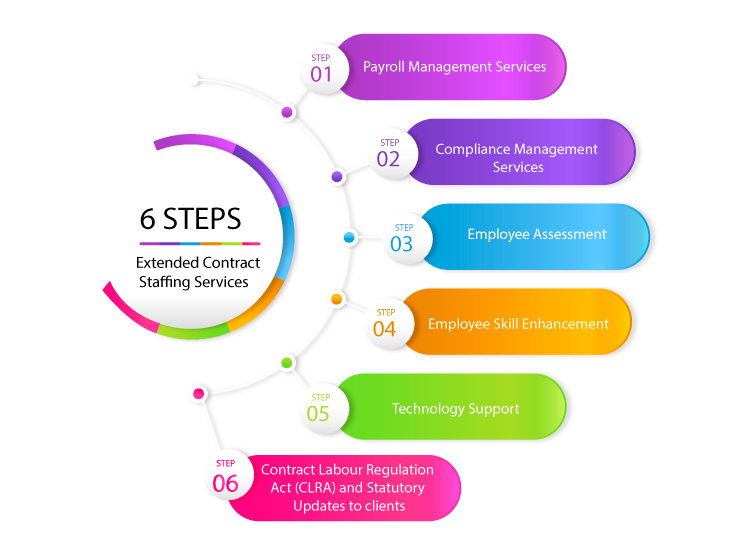Staffing Agency
What is a Staffing Agency?
Definition:
Staffing Agency Automation involves the use of technology and automated processes to optimize the delivery, management, and utilization of workforce solutions provided by staffing agencies. This automation streamlines various aspects of talent acquisition, employee management, and client interactions, allowing staffing agencies to enhance efficiency and deliver high-quality workforce services.
Analogy:
Picture Staffing Agency Automation as a proficient coordinator for human resources. Similar to how a skilled event planner manages various aspects of an event seamlessly, staffing agency automation handles tasks like candidate sourcing, onboarding, and client engagement to ensure a smooth and efficient staffing process.
Further Description:
Staffing Agency Automation encompasses a range of activities within the workforce management cycle, including:
Candidate Sourcing and Screening: Automating the process of sourcing and screening candidates to quickly identify the best-fit talent for clients.
Onboarding and Compliance: Streamlining the onboarding process, including documentation, training, and compliance procedures, to ensure a seamless integration of new hires.
Client Relationship Management (CRM): Automating client interactions, from job requisition to candidate placement, to enhance communication and collaboration between staffing agencies and clients.
Performance and Skills Tracking: Utilizing automated tools to monitor and track employee performance, skills development, and compliance with industry standards.
Billing and Invoicing: Automating billing and invoicing processes, ensuring accurate and timely financial transactions between staffing agencies and clients.
Why is Staffing Agency Automation Important?
Efficiency and Speed: Automation accelerates the talent acquisition process, allowing staffing agencies to respond quickly to client needs and market demands.
Compliance and Accuracy: Ensures that onboarding processes adhere to legal requirements and industry standards, reducing the risk of errors and enhancing overall compliance.
Client Satisfaction: Improves client satisfaction by streamlining communication, providing real-time updates, and delivering high-quality candidates promptly.
Resource Optimization: Optimizes internal resources, allowing staffing agencies to focus on strategic aspects of talent management rather than routine administrative tasks.
Examples and Usage:
Applicant Tracking Systems (ATS): Automates candidate sourcing, tracking, and communication, improving the efficiency of the recruitment process.
CRM Software for Staffing Agencies: Facilitates automated client interactions, managing relationships and ensuring smooth collaboration between staffing agencies and clients.
Payroll and Invoicing Software: Streamlines billing and invoicing processes, reducing manual errors and enhancing financial transparency.
Key Takeaways:
- Staffing Agency Automation leverages technology to optimize talent acquisition, onboarding, and client interactions.
- It includes candidate sourcing, onboarding, client relationship management, and performance tracking.
- Benefits encompass increased efficiency, compliance, client satisfaction, and resource optimization.
- Examples of automation tools include Applicant Tracking Systems, CRM software, and payroll and invoicing solutions.
Table of Contents





